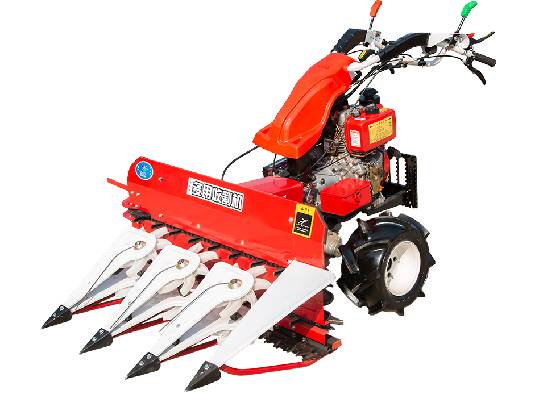Innovations in Mechanical Rice Harvesting Technology for Improved Agriculture Efficiency
The Mechanical Rice Reaper Revolutionizing Agriculture
In the annals of agricultural history, few inventions have generated as profound an impact on the efficiency of crop harvesting as the mechanical rice reaper. This revolutionary machine not only stands as a testament to human ingenuity but also highlights the evolving relationship between technology and traditional farming practices. As populations grow and the demand for food escalates, the role of mechanical innovations like the rice reaper becomes increasingly critical.
Historical Context
In the early days of agriculture, rice harvesting was a labor-intensive process conducted manually by farmers using sickles. This method not only required considerable physical effort but was also time-consuming. With the rise of mechanization during the Industrial Revolution, agricultural practices began to see significant changes. The introduction of mechanical reapers in the 19th century transformed the harvesting of various crops. It wasn’t long before the need for a specialized machine capable of efficiently harvesting rice became apparent.
Design and Functionality
The mechanical rice reaper was designed to address the unique challenges posed by rice cultivation, particularly in fields characterized by muddy terrain and densely-packed plants. The design incorporates a series of rotating blades that cut through the rice stalks with precision, allowing for faster harvesting without damaging the surrounding plants. Additionally, its lightweight structure ensures that it can navigate wet fields without causing soil compaction, which is essential for maintaining soil health.
Modern versions of rice reapers have evolved to include features such as adjustable cutting heights, automatic grain collection systems, and improved maneuverability. These advancements not only enhance efficiency but also reduce the physical strain on farmers, enabling them to cover larger areas in a shorter span of time. The use of diesel or electric power further facilitates a substantial increase in productivity compared to manual harvesting.
Economic Impact
mechanical rice reaper

The economic implications of adopting mechanical rice reapers are significant. Farmers can now harvest their crops quicker and at a lower labor cost. This efficiency leads to an increase in yield, allowing for timely sales in markets. Furthermore, the reduction in labor hours can redirect human resources to other agricultural tasks, potentially increasing overall farm productivity.
Additionally, with the growing trend of small-scale and sustainable farming, the mechanical rice reaper has become an attractive investment. Many co-operatives and local farming communities are pooling resources to acquire these machines, resulting in shared benefits. The communal usage of mechanical reapers exemplifies a shift towards collective economic practices that can enhance food security.
Environmental Considerations
As with any technological advancement, the environmental impact of mechanical harvesting must be evaluated. While mechanization can lead to increased efficiency, it can also raise concerns about soil disturbance and the use of fossil fuels. Some manufacturers are addressing these issues by developing eco-friendly models that use renewable energy sources or designs that minimize soil compaction. The balancing act between increased productivity and environmental stewardship is ongoing; as agricultural technology evolves, so too must the approaches to sustainable farming practices.
Conclusion
The mechanical rice reaper symbolizes a significant shift in agricultural practices, merging tradition with innovation. As the world faces the twin challenges of feeding a growing population while managing environmental concerns, such mechanical advancements will play a crucial role. Beyond merely increasing efficiency, the rice reaper embodies the potential for positive socio-economic changes within farming communities.
As local and global agricultural landscapes continue to evolve, embracing and adapting technologies like the mechanical rice reaper will be vital. By combining traditional knowledge with modern innovation, we can build a more sustainable agricultural future, ensuring that farmers are equipped to meet the demands of tomorrow while respecting the land that nourishes us all.
Latest news
-
When to Upgrade Your Old Forage HarvesterNewsJun.05,2025
-
One Forage Harvester for All Your NeedsNewsJun.05,2025
-
Mastering the Grass Reaper MachineNewsJun.05,2025
-
How Small Farms Make Full Use of Wheat ReaperNewsJun.05,2025
-
Harvesting Wheat the Easy Way: Use a Mini Tractor ReaperNewsJun.05,2025
-
Growing Demand for the Mini Tractor Reaper in AsiaNewsJun.05,2025







